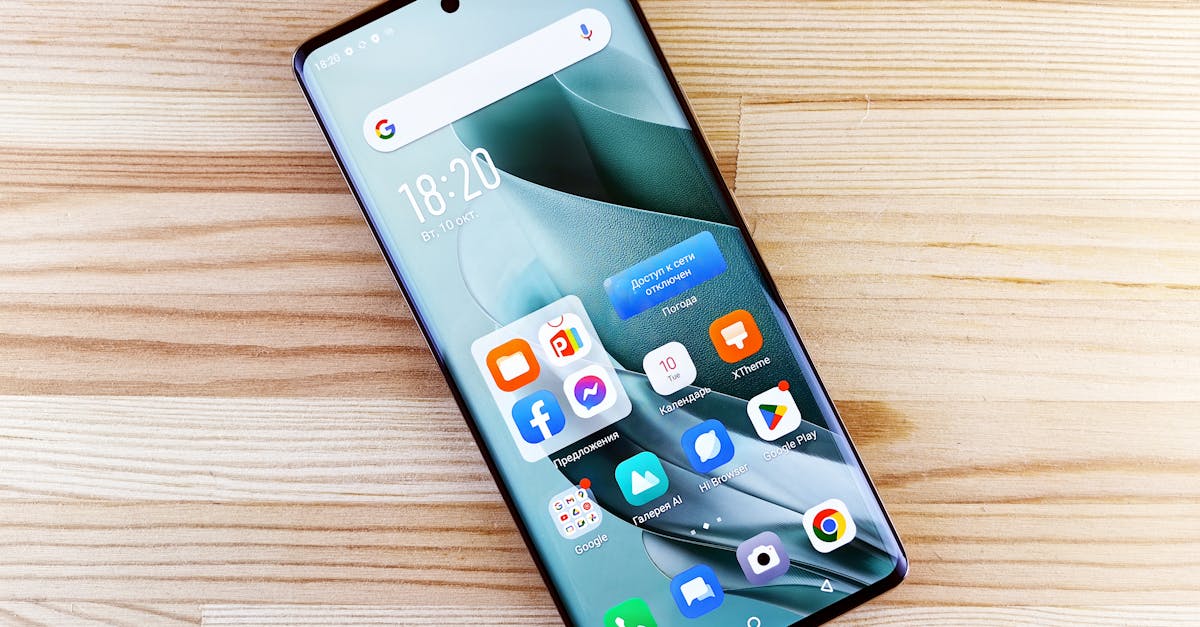The Future Of Foldable Phones Innovations And Challenges
Introduction
The era of smartphones has taken a leap forward with the introduction of foldable technology, reshaping how we perceive mobile devices. These innovative gadgets promise enhanced multitasking capabilities and a larger screen experience on a compact device. However, despite their appeal, foldable phones come with a unique set of challenges that manufacturers need to address.
Advertisement
The Rise of Foldable Phones
Foldable phones first garnered attention with the launch of the Samsung Galaxy Fold in 2019. This pioneering technology combines the convenience of a smartphone with the expansive screen of a tablet. It represents a major shift from the traditional rigid designs and creates a dynamic way to interact with technology on the go. The appeal lies in offering what seems the best of both worlds: portability and versatility.
Advertisement
Technological Innovations
Manufacturers are continuously innovating to enhance foldable technology. Some companies are working on ultra-thin glass and flexible screens to improve durability. Innovations also include developing more efficient hinge mechanisms that allow smooth opening and closing without wear and tear. Additionally, advancements in software are enabling seamless transitions between folded and unfolded modes for an improved user experience.
Advertisement
Challenges with Durability
One of the paramount challenges facing foldable phones is durability. The repeated folding and unfolding can lead to wear over time, causing potential screen damage. While many brands promise enhanced resilience with each new model, consumers remain wary due to past issues. There are ongoing efforts to perfect materials and mechanisms to prolong the lifespan of these devices.
Advertisement
Cost-Effectiveness Concerns
With innovation comes a hefty price tag, making foldable phones more of a luxury than a necessity for the average consumer. The high costs are primarily due to the expensive materials used and the intricate engineering involved. As technology advances, there's hope for reduced production costs, making these phones more accessible to the wider public.
Advertisement
Market Competition and Evolution
As the market for foldable phones grows, competition between companies like Huawei, Samsung, and Motorola fuels rapid evolution. Each brand strives to outdo the last with novel features and improved models, driving the industry forward. The fierce competition means consumers can expect more sophisticated devices in the near future.
Advertisement
User Experience Improvements
User experience is at the core of foldable phone innovation. Manufacturers are leveraging AI and machine learning to ensure apps function smoothly on foldable screens. The focus is not only on making apps adjust seamlessly but also optimizing the battery life and performance of these multifaceted devices.
Advertisement
Sustainability in Manufacturing
With increasing awareness of environmental impacts, manufacturers are looking towards sustainable practices in producing foldable phones. The emphasis is on using eco-friendly materials and reducing energy consumption during production. Efforts in recycling and reusing components are also gaining importance to curb the carbon footprint associated with these high-tech devices.
Advertisement
Future Prospects
The future of foldable phones is promising, with speculations of new form factors like rollable or transparent phones. Partnerships between tech companies and factories are working to bring even more groundbreaking features into the fold. As technology advances, these novel devices are poised to redefine how we communicate, work, and entertain ourselves.
Advertisement
Conclusion
In conclusion, foldable phones represent a groundbreaking evolution in mobile technology, merging traditional smartphones' portability with the expansive screen size of tablets. Although faced with challenges like durability and cost, the future of foldable phones looks bright, promising further innovations. As technology continues to evolve, folded devices may soon become a staple in digital communication and entertainment.
Advertisement


